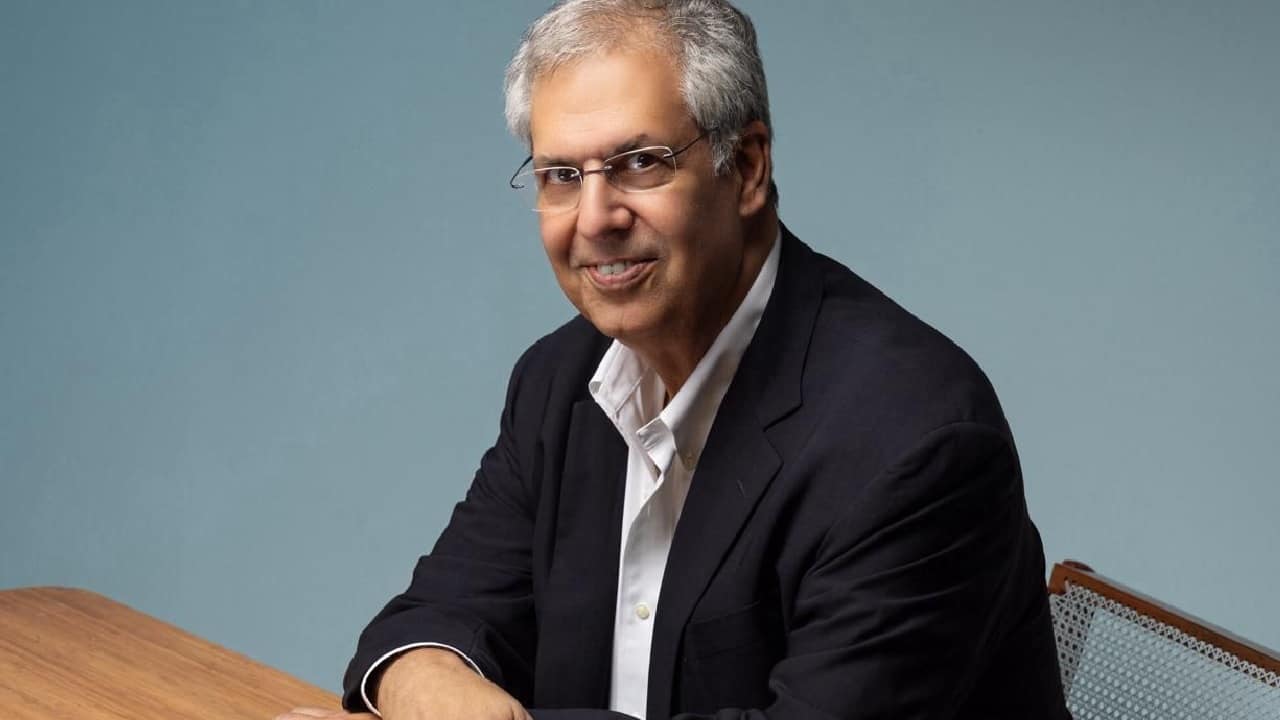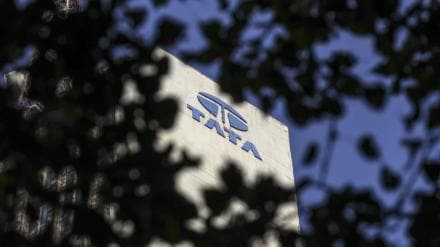Boardroom Battle Deepens as Tata Trusts Rift Shakes Tata Group Stability
The boardroom battle within the Tata Group, one of India’s most influential conglomerates, is escalating into a full-blown governance crisis. The conflict originates from tensions inside Tata Trusts the philanthropic body that holds a controlling 66% stake in Tata Sons, the holding company that oversees the group’s vast business empire. With the government now closely monitoring the situation, concerns are growing that this internal struggle could impact the functioning of some of India’s largest companies.
For decades, Tata Trusts has maintained a guiding presence, focusing on philanthropy and long-term strategic oversight while Tata Sons handled the group’s operational leadership. This balance of power has ensured the group’s stability, but that equilibrium is now under strain. Reports suggest that four trustees Darius Khambata, Jehangir HC Jehangir, Pramit Jhaveri, and Mehli Mistry have extended their involvement beyond traditional oversight, attempting to exert direct influence over key decisions within Tata Sons.
Boardroom Battle Puts Pressure on Governance and Strategic Control
These trustees allegedly tried to vet board meeting minutes and approve independent directors selected by Tata Sons’ Nomination and Remuneration Committee, roles typically reserved for company management. This move has been viewed by insiders as a challenge to Tata Trusts Chairman Noel Tata’s authority, raising serious questions about corporate governance and decision-making processes at the top level.

The boardroom battle has been brewing since the passing of former Tata Sons Chairman Ratan Tata in October 2024, but the conflict has intensified in recent months. This leadership vacuum has created concerns about potential delays in strategic decisions and daily operations across the group’s companies, which include major players such as Tata Motors, Tata Steel, TCS, and Titan.
The situation escalated to a point where the Indian government stepped in to prevent further destabilization. In a recent meeting at Home Minister Amit Shah’s residence, Finance Minister Nirmala Sitharaman, along with other senior officials, urged Noel Tata, Tata Sons Chairman N Chandrasekaran, and the trustees involved to resolve the internal rift quickly. The leadership was reminded that Tata Trusts’ significant stake in Tata Sons carries a public responsibility, given the group’s central role in India’s economy and corporate landscape.
Boardroom Battle Draws Government’s Attention to Resolve Internal Rift
Officials made it clear that prolonged conflict would not be tolerated. They indicated that if internal reconciliation fails, more decisive actions including the removal of trustees who disrupt governance might become necessary. The government also emphasized that the resolution must occur internally and discreetly, warning that a public confrontation could harm the conglomerate’s stability and investor confidence.

A crucial Tata Trusts board meeting scheduled for October 10 is expected to shape the next phase of this boardroom battle. Observers believe the meeting could lead to major decisions that determine whether the group can restore internal order or face further governance challenges. Investors, regulators, and industry leaders will be closely watching for signs of stability or escalation.
This internal conflict underscores the challenges faced by large family-driven conglomerates as they balance tradition with modern corporate governance standards. For the Tata Group, which has built its reputation on ethical leadership and stability, resolving this crisis is not only vital for its business operations but also for maintaining public trust and investor confidence. Also Read: Neera Arya: 1 Forgotten Warrior Who Spied for India’s Freedom and Defied the British Empire
Conclusion:
The ongoing boardroom battle at Tata Group highlights how internal divisions, if left unchecked, can threaten even the most established business empires. With government pressure mounting and key decisions pending, the coming weeks will be crucial in determining whether the group can preserve its legacy of stability and leadership or risk turbulence at the very top of India’s corporate world.

